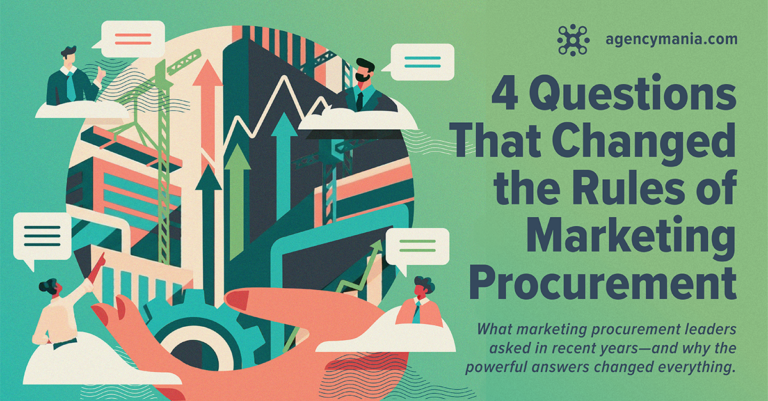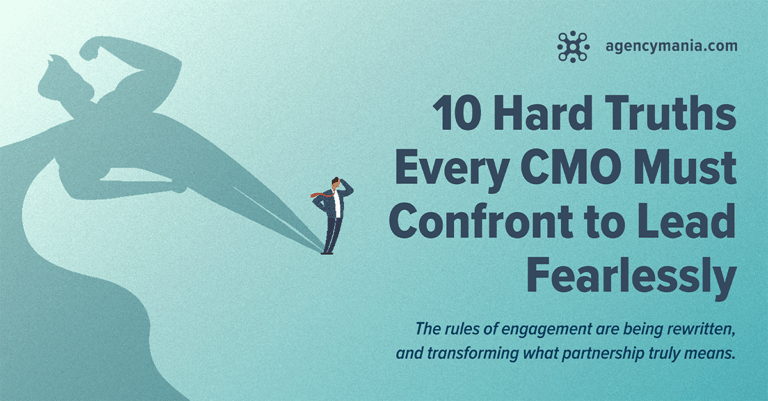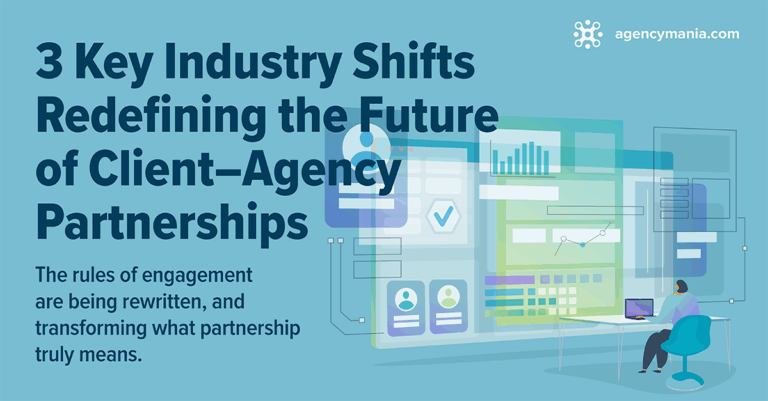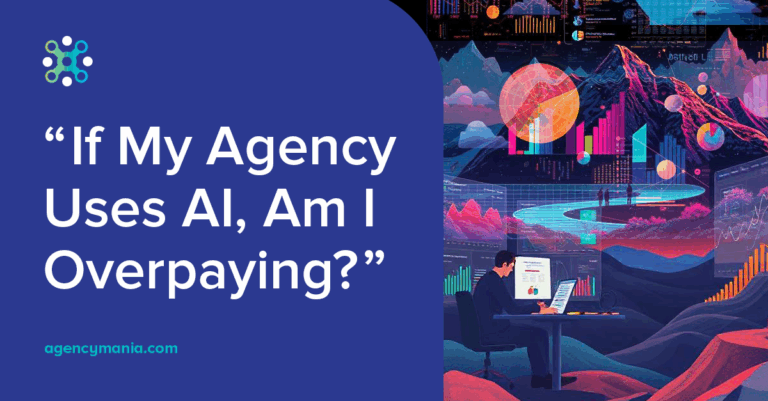Four ways the marketing industry can overcome its growing talent shortage.
Download a print-friendly version here
By: Bruno Gralpois, Author/Speaker, Thought-provocateur, Client/Agency Guru, Entrepreneur, Innovator
If marketing had a TV show like NBC’s “America’s Got Talent,” what would it look like? In lieu of singers, entertainers, dancers, magicians, and comedians, we would have brand managers, data analysts, strategists, traffic managers, media buyers, and a flurry of other titles—perhaps less entertaining than their counterparts, but just as diverse in showcasing important skills.
Indeed, marketing’s got remarkable talent. Yet with the speed of innovation, some skills are becoming obsolete much faster than anticipated. This leads to a number of challenges: How can CMOs develop the next generation of leaders and a well-organized pool of talent to provide a competitive advantage to the organization? How can they not only retain these people but also ensure they are at the top of their game?
Several of my industry colleagues are grappling with these issues. Here’s what I suggest.
1. Reduce talent burnout and offer attractive employee perks: The advertising industry continues to see year-over-year growth worldwide, creating tremendous opportunities for developing talent—at least on paper. That growth has fueled a level of disenchantment among marketers in a profession still faced with taking on demanding roles, long work days, and average pay.
Everyone is competing for young talent, with tech companies and glamorous startups all exhibiting significant financial upside potential. Agencies struggle to pay for top talent with declining profitability, more reviews, and therefore, less revenue predictability.
This highly competitive environment and the burnout created by the “more for less” mentality is forcing advertisers and agencies to offer more compelling benefits. Add employee perks to your benefits package, such as allowing employees to pursue outside interests in the workplace, offering flexible work hours and shorter workdays, or allowing a work-from-home option in the months following parental leave.
2. Uplevel the onboarding process: Agencies and advertisers face turnover rates of about 30%. So besides retaining talent, they must also prepare for the inevitable: frequently hiring a new set of employees and quickly and effectively onboarding them so they can deliver greater value sooner.
Time is of the essence, so agencies and their clients now increasingly rely on comprehensive online training to accelerate onboarding but also improve the learning experience. Gone are the days of boring and outdated PowerPoint decks. Consider online onboarding solutions that are more effective, as they can be rolled out globally, are available 24/7, and can be easily maintained so the content is always fresh and current.
3. Create training opportunities: For some agencies, up to 75% of costs are associated with talent; hence, the importance of investing in professional development to make that investment fruitful. College and university curricula cannot keep pace with the rapid changes going on in the industry, so many agencies are launching their own talent and training programs. 72andSunny, for example, has created a talent incubator called 72U, a 12-week “creative residency” that explores “the intersection of art, technology, and culture.” The organization hosts speakers and instructors and offers mentoring.
You may also take a cue from what some other agencies are experimenting with: on-the-job training, also known as “liquid talent.” The practice of giving staffers opportunities to broaden their skills by working on client business in various disciplines and even geographies.
4. Find the right balance between internal and external talent: CMOs are like conductors, assembling a unique cast of talent to perform together. They hire internally, but they also enhance their skills with outside partners that can fill the gaps in talent.
Talent remains this industry’s most important asset, since talented workers drive long-term growth. Across the advertising ecosystem, partnerships are popping up with academia to develop playbooks and encourage talent mentoring, exchange programs, and other marketing talent development concepts.
To be sure, keeping skills at pace with a constantly evolving marketplace is a challenge, but as long as it remains front and center as a leadership priority, it can be overcome.







